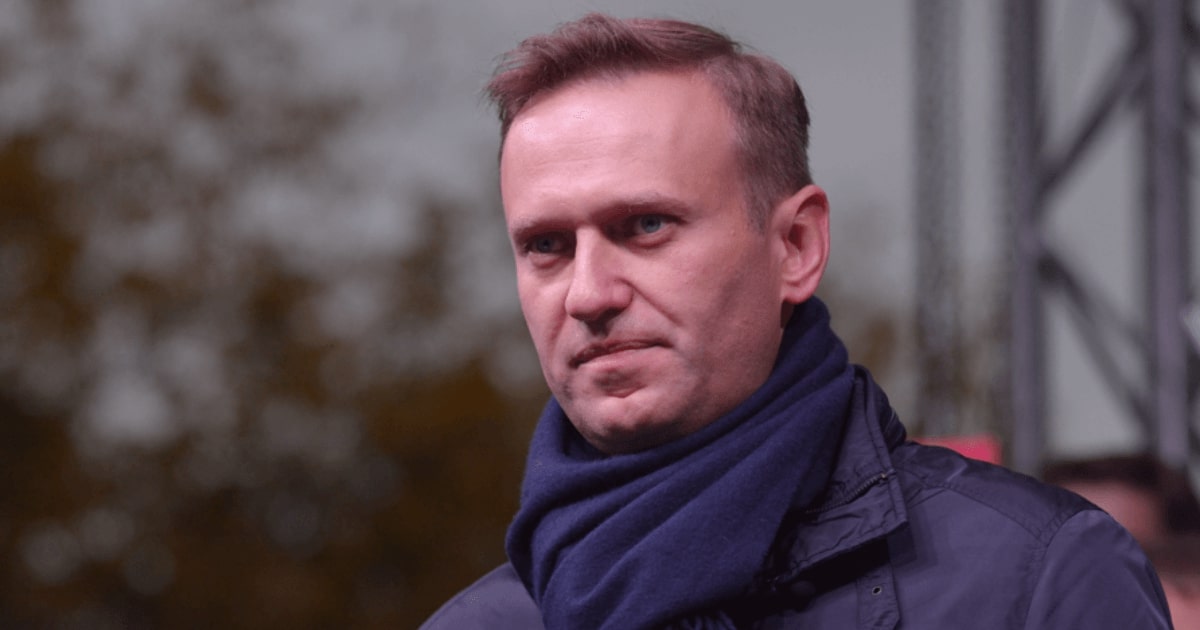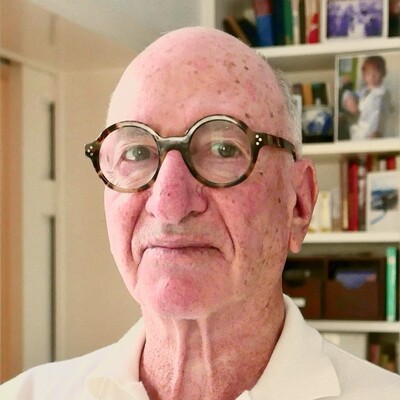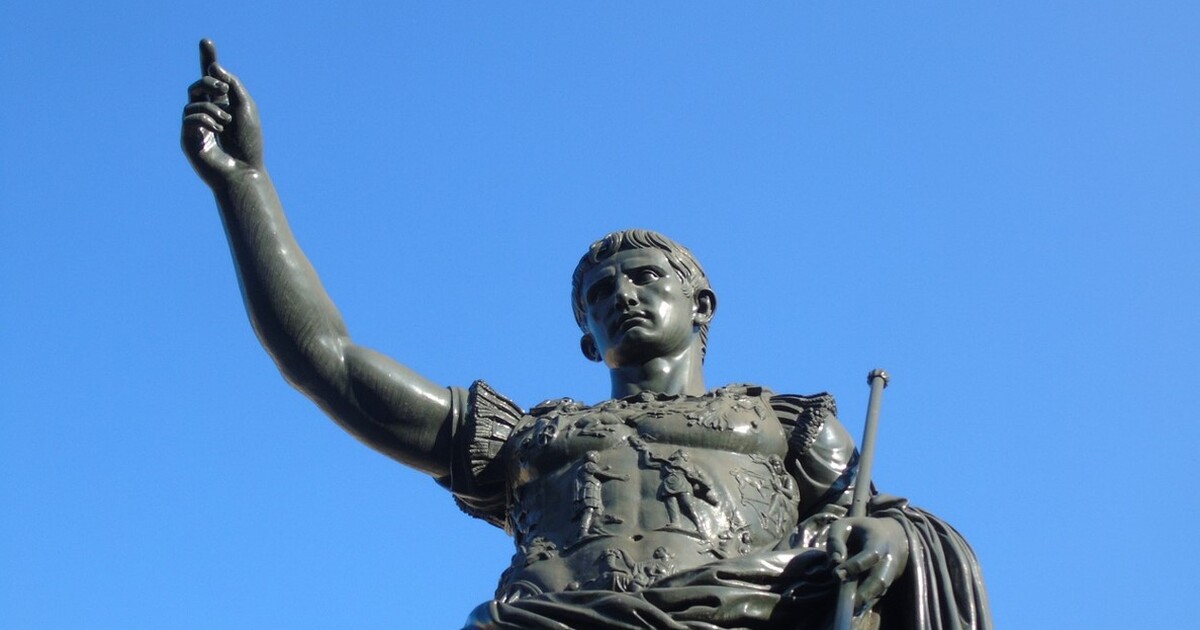Navalny’s Death and the Continuing Global Fight Against the Power of Corruption
The murder of Alexei Navalny is a wake-up call to provide more support to valiant campaigners fighting against corruption.
February 17, 2024

A Strategic Intervention Paper (SIP) from the Global Ideas Center
You may quote from this text, provided you mention the name of the author and reference it as a new Strategic Intervention Paper (SIP) published by the Global Ideas Center in Berlin on The Globalist.
The murder of Alexei Navalny was inevitable. Vladimir Putin hated the man. He feared him.
Navalny’s campaigns, that drew large crowds in Russia, centered on Kremlin corruption. He demonstrated that Putin and his cronies were robbing the Russian people. Nobody likes to be impoverished by thieves.
Russians learned from Navalny about the palaces, the yachts, the private planes and all the other baubles that Putin enjoys. Navalny’s movement was all about the single most vulnerable feature of all authoritarian leaders – corruption.
The power of corruption
Western media, diplomats, government leaders – not to mention the titans of Western business – constantly downplay the political force of mass public campaigns against corruption in countries run by kleptocrats.
Rather, they talk vaguely about weaknesses in governance. They assert that strategic and commercial interests are their priority and are more important than corruption. They are wrong. Navalny knew its power. It cost him his life.
Boris Nemtsov, a former Russian Deputy Prime Minister who had subsequently secured a large Russian following by exposing Putin’s corruption, knew the political power of the corruption issue. He was assassinated in 2016 in front of the Kremlin.
Principles and interests
Marie Yovanovitch, the former U.S. Ambassador to Ukraine, who was fired by Donald Trump, wrote in her memoir:
“Our values and our interests are nowhere more aligned than when it comes to fighting corruption. When leaders view their positions in government as sinecures serving their personal interests rather than those of their constituents, it not only contravenes our values, it also goes against our interests, our long-term interests.”
She lost her job because she wanted to make corruption a key issue in her diplomatic work. Most Western diplomats may agree with her in theory, but fail to risk their careers to confront kleptocratic regimes when stationed in Moscow and Cairo and Islamabad.
Collusion
The silence – indeed the complicity – of such diplomats damages the fundamental interests of the mass of the citizens in whose countries they serve.
Former German Chancellor Gerhard Schroeder calls Putin his friend – and has accumulated substantial wealth as a result. Trump propogandist Tucker Carlson sought to promote himself just last week by offering Putin a two-hour interview where the Kremlin boss could promote himself unchallenged.
Providing the evidence
Navalny never indulged in self-serving flattery. He was on a mission. He knew that convincing the public that their national leader is a thief is not easy. It calls for repeated publication of new evidence. Navalny was a master of this art.
His demand that the rule of law should prevail gained traction because the evidence that he brought to public attention was overwhelming.
Clash of civilizations
Putin fears the truth and those who tell the truth. So too do other autocrats. The jails of Egypt, Azerbaijan, Belarus and assorted other countries are full of journalists and activists who have had the courage to try and expose the grand corruption of national leaders.
Just as Western governments, and many parts of the media, largely ignored the plight of Navalny over the last couple of years as his confinement in Russia became increasingly oppressive, so the multitude of other political anti-corruption leaders in prisons in many countries are mostly ignored.
The fight for Ukraine’s independence today is at the center of what U.S. Senator Sheldon Whitehouse has warned is a “clash of civilizations between a rule of law civilization, and an autocratic, kleptocratic civilization.”
Accepting impunity
When national leaders can steal staggering sums of the people’s cash with impunity, then they are telling us that they do not care about the rule of law. They care only about greed and power.
When Americans in their millions sing the praises of Donald Trump, then they fail to comprehend that if he wins another term in the White House, he will enrich himself mightily at the expense of all American citizens.
There are no American versions of Navalny. There should be. Navalny-type films need to stream on the major TV platforms, supported by those politicians who know the truth and who, like Whitehouse, understand what is at stake.
Citizens understand
Russian citizens who understood what Navalny told them have no opportunity today to unseat Putin. More Russians who indicate some opposition are being jailed than at any time since Putin came to power more than two decades ago.
Putin’s paranoia increases and, as it does, so those with the courage to voice opposition are beaten and jailed (and, as was Navalny’s fate, murdered).
Citizens in many countries understand the fundamental injustice of being robbed by their leaders. The enormous vote in the recent election in Pakistan for supporters of Imran Khan, despite forceful opposition from the military, which continually seeks to accumulate power and wealth, is a vote against corruption.
South America battles corruption
Despite massive efforts to prevent a fair election, the citizens of Guatemala recently ousted a corrupt regime and supported Bernardo Arévalo, whose campaign was based on restoring democracy and ending corruption.
The citizens of Argentina made a radical choice in recently electing Javier Milei as president solely because this mostly unknown academic, who had never held public office, was not part of the long-ruling cabal of corrupt politicians who had brought the nation’s economy to its knees.
Supporting the activists
Navalny gave his life to side with his fellow citizens against government corruption. There are others like him – far less well known – in many countries who are taking personal risks each and every day to seek democratic freedoms, the rule of law and honest governments for their countries.
I can only hope that the murder of Navalny is a wake-up call to Western establishment leaders – in politics, business, government and academia – to provide far more public support to the valiant anti-corruption campaigners.
Takeaways
The murder of Alexei Navalny is a wake-up call to provide more support to valiant campaigners fighting against corruption.
Navalny’s movement was all about the single most vulnerable feature of all authoritarian leaders. Their grotesque forms of self-enrichment by means of corruption. It cost him his life.
Western media, diplomats, government and business leaders constantly downplay the political force of mass public campaigns against corruption in countries run by kleptocrats. They are wrong.
More Russians who indicate some opposition are being jailed than at any time since Putin came to power more than two decades ago. His paranoia is increasing.
Navalny never indulged in self-serving flattery. He was on a mission. He knew that convincing the public that their national leader is a thief is not easy. Navalny was a master of this art, and an inspiration globally.
The jails of Egypt, Azerbaijan, Belarus and assorted other countries are full of journalists and activists who have had the courage to try and expose the grand corruption of national leaders.
There are no American versions of Navalny. There should be. Navalny-type films need to stream on the major TV platforms.
A Strategic Intervention Paper (SIP) from the Global Ideas Center
You may quote from this text, provided you mention the name of the author and reference it as a new Strategic Intervention Paper (SIP) published by the Global Ideas Center in Berlin on The Globalist.


